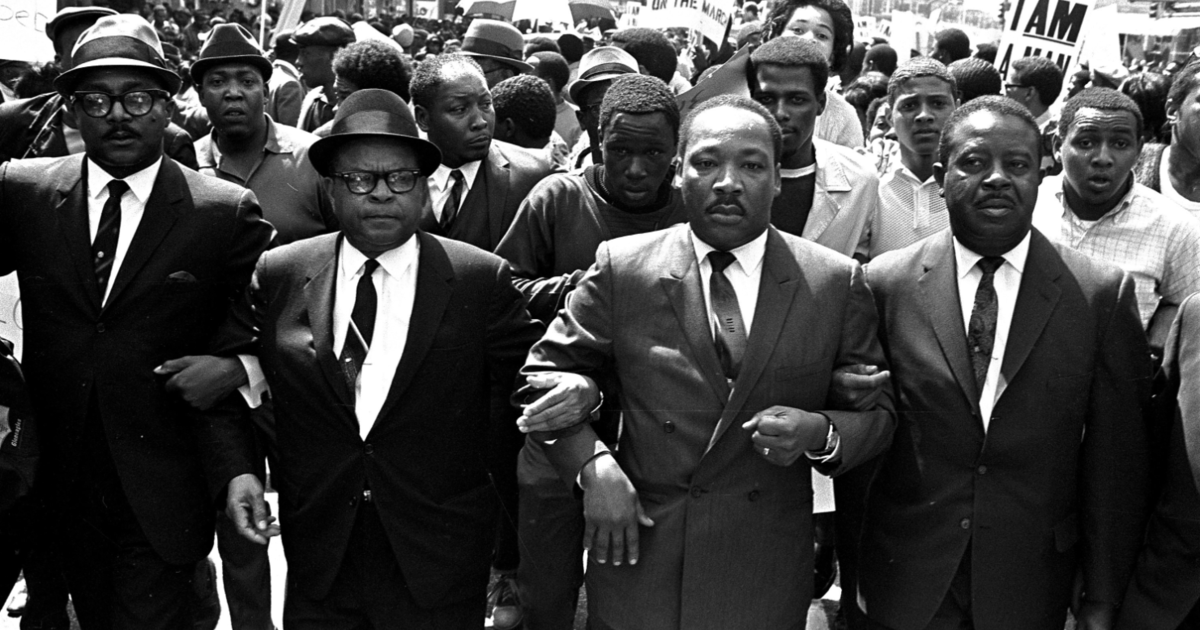
The right to vote is the cornerstone of democracy and was at the heart of the civil rights movement.
Dr. Martin Luther King Jr., John Lewis and other civil rights leaders and allies—including the labor movement—called attention to the pervasive and pernicious tools used to disenfranchise Black voters in the South. Work that led to the enactment of the Voting Rights Act (VRA) in 1965, which put an end to the physical intimidation, harassment, poll taxes and literacy tests Black voters were subjected to just to exercise our right to vote.
But the VRA has been chipped away ever since it became law. A number of states have made it more difficult to vote through restrictive photo identification requirements, and by rescinding same-day voter registration, provisional ballots and early voting periods.
Other states have reduced the number of polling places—often in communities of color where voters have to endure the long lines and extra steps meant to dissuade us from casting a ballot.
And some states have redrawn congressional districts in an attempt to dilute the power of certain racial demographic groups.
Racial gerrymandering is prohibited by the VRA, and was at the heart of a case taken up by the Supreme Court last week. In Allen v. Milligan, the high court ruled Alabama violated the Voting Rights Act when it drew its congressional map following the 2020 census.
It was a surprising decision by this Supreme Court, given this bench’s track record and conservative ideological leanings, but it shouldn’t have been—not for a country that values democracy and the democratic process.
And, unfortunately, this decision does nothing to repair the one it made a decade ago that ripped a gaping hole in the VRA and empowered extremist lawmakers to restrict access to the ballot box.
Shelby County v. Holder was a wake-up call—that we must always be vigilant to protect our freedoms and rights, and that political extremists will go to terrific lengths for power and personal gain, even if that means jeopardizing our democracy.
It also was a wake-up call for the labor movement to re-engage and tighten our relationship with civil and voting rights coalitions.
The labor movement has a long history of supporting civil and voting rights and the Voting Rights Act. We educate union members about the importance of voting rights. We mobilize union members in support of positive voting rights reforms. We advocate, along with our allies at the state and federal levels, for improvements to our voting laws. And we fight discriminatory voter ID legislation and other voter suppression laws that restrict the right to vote.
And we will continue to do so.
When President Liz Shuler and I were elected to lead the AFL-CIO a year ago, we pledged to ensure racial and social justice is in everything we do—in all of our programmatic work and at every level of the federation. We are committed to advancing racial justice in our outreach and programs, and to opening pathways for young people and people of color to enter leadership positions. We are committed to vanquishing oppression in all its forms.
That includes fighting state legislatures that try to prevent people of color, women, young adults, LGBTQ+ people and other marginalized people from exercising their right to take part in our electoral process.
And we will continue to push Congress to do its job and pass the John R. Lewis Voting Rights Advancement Act to fully restore and permanently protect voting rights, and ensure access to free and fair elections.

